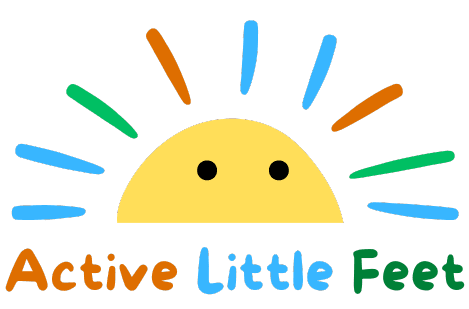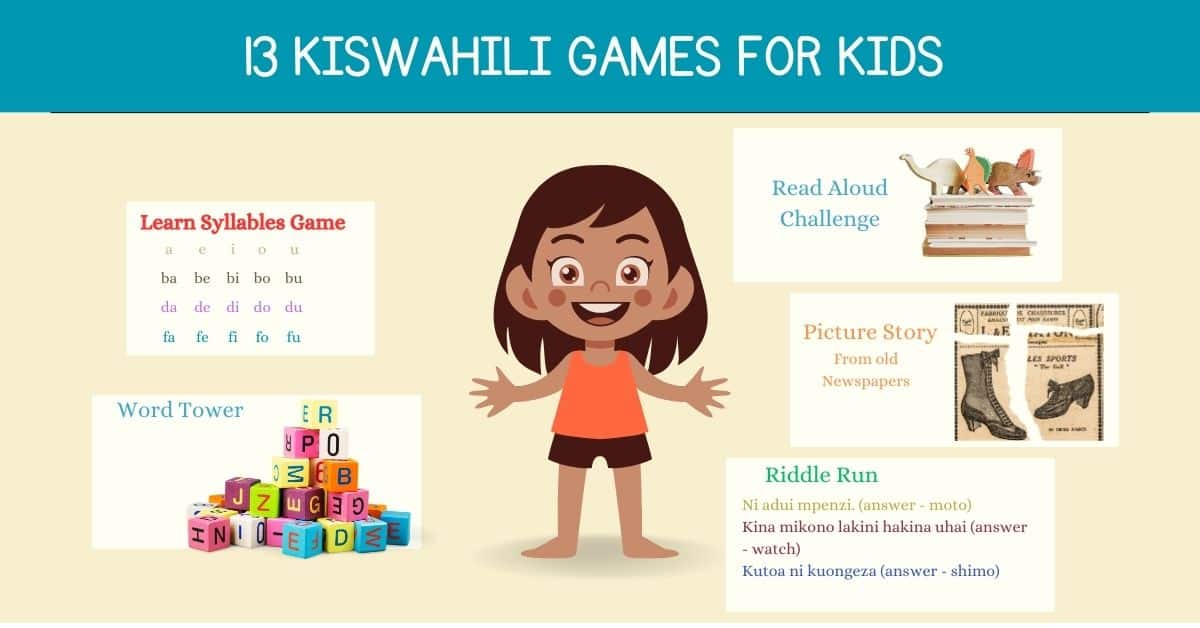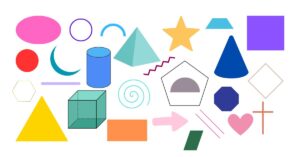Our kids suck at Swahili- that’s just a fact we have accepted as millennial parents, and it’s embarrassing. If their early Swahili reading skills suck, you can imagine what they write when given a pen. Disaster!
I, for one, look down in shame when my English-speaking kids can’t communicate fully with their grandparents in upcountry. And let’s not even mention that Swahili is our national language.
But more importantly, Swahili is still a core subject in the curriculum. That means failing it is not an option, as much as we would like to ignore it.
And if I’m being honest, this is the main reason I took steps to remedy my daughters’ inability to speak and write in Swahili. The stuck-out D in the middle of As on the report book did not look good, and I could see their frustration when doing homework.
So what did we do?
I did what my teachers did with me when I was their age: Played games.
We have discussed here over and over that kids learn best through games and experiences, so that’s what we did. In a second, I’ll show you some of the games we used to help my child improve Swahili comprehension.
But first,
Why Should Kids Strengthen Their Swahili Reading Skills?
But learning Kiswahili wasn’t just about homework or grades. It was about unlocking a whole world for my daughter, a world rich with stories, songs, and wisdom passed down through generations.
Also, Kiswahili would connect her to her heritage, help her understand jokes when she visited her grandparents, and open doors to explore the rich African literature that neatly hides behind Kiswahili.
So,
Reading Kiswahili matters of:
- Cultural connection – many people in rural Kenya may not understand English, but they can read and understand Kiswahili.
- Academic boost – while I don’t put a lot of emphasis on grades like our parents did when we were growing up, I still want my kids to do well. Reading and comprehension are simply the basics.
- Cognitive development – reading helps improve memory and critical thinking skills. Reading Kiswahili is no different.
- Confidence builder – all I can say is the smile on her face when she could finally read Priceless. The little girl who used to coil in shame is replaced with a confident reader.
Now, let’s get to the good part and learn some games.
1. Vokali and Silabi Bingo
Vowels or Vokali are the building blocks of all Swahili words. Without learning vowels, it’s difficult for your child to learn how to improve their Swahili. Think of these as sight words in English. Vowels form syllables, which build words.
We’ve attached a downloadable Kiswahili syllables chart to make your work easier. Be sure to download it. As they learn the vowels, use the Bingo game to help them identify the vowels.
How to play the game:
- Create bingo cards with different Swahili vowels.
- Read out vowels, and have children mark their cards if they hear a match. The first to complete a row or column wins.
This game helps your child learn and identify the vowel sounds. Thus, they can easily identify which vowel is used in the word during reading and comprehension.
If you don’t have time to create the game yourself, we’ve got you covered. Get our Kiswahili games Bingo Bundles.
2. Letter Hunt
I should have probably started with letters, but I assume your child already learned letters at the kindergarten level. This game is best for kindergarteners ages 3-4 because or older.
In this game, you hide alphabet flashcards around the house. Your child is to race around finding the letters. You can also do this with syllables and simple Swahili words your child can read. Don’t worry if you don’t have flash cards. You can simply write the letters or words on a piece of paper. It will work just as fine.
3. Word Song
Create a silly song where each word starts with a specific letter or syllable. Sing it together, emphasizing the sounds and clapping out syllables. This games helps with reading skills and word building. It’s fun, and you can make silly words to make things more interesting.
4. Picture Story
Take an old newspaper or magazine. Cut out interesting pictures. Show them to your child and ask them to narrate a story. This is a great way to introduce them to writing Swahili stories and get their creative juices flowing. If you don’t have old newspapers or magazines, you show them pictures using your phone.
5. Word Card Game
Make flashcards with pictures and corresponding words. Play memory games where your child’s task is to match the pair. Take turns saying the words and describing the pictures. Again, you can use old newspapers and magazines for the pictures and write the words on paper if you don’t have flash cards.
If your child is young, start with simple items like a cat, house, and fruit before moving to complex items like a pencil porch. The Word card game is also a memory game, which is great for your child’s development.
6. Listen and Draw
If you have an artist in the house, this is the perfect game to help them improve their craft while strengthening their early Swahili reading skills. In this game, you read a short Swahili story or poem aloud for your child while pausing at key points. Ask your child to draw what they heard and to share their interpretation.
Even if your child isn’t a great artist, drawing is a great way to help them understand concepts. You can read more about how drawing can help improve their memory here.
7. Riddle Fun
Write simple riddles in Swahili on pieces of paper. Kids take turns drawing a riddle, reading it aloud, and guessing the answer. This game is perfect if your child is older, but there is nothing wrong with introducing it to younger kids. It would be fun seeing them guess the answer to a riddle. Here’s a list of fun riddles to get you started.
- Ni adui mpenzi. (answer – moto)
- Kina mikono lakini hakina uhai (answer – watch)
- Kutoa ni kuongeza (answer – shimo)
- Ni nyoka ya chuma (answer – gari la moshi)
- Yakiwa hapa yako pale (answer – macho)
- Ni langu lakini hutumiwa na wengi (answer – jina)
- Wao hushindana wakifuatana (answer – magurudumu)
- Nina kiti cha dhahabu kisichokaliwa (answer – moto)
- Mzungu anachungulia dirishani (answer – kamasi)
- Popo mbili zavuka mto (answer – macho)
You can find more examples in this video:
8. Word Tower
If you still have letter blocks from when your child was younger or ones that your younger kid uses, this is the perfect time to use the blocks in a fun game. Use letter blocks or tiles to build words or short sentences in Swahili. Encourage teamwork and creativity!
If you don’t have any blocks, you can write different syllables on individual papers, mix them up in a bowl and let your child use them to build words. Have a book where they can write the words they build.
9. Syllable Safari
Ever clapped in front of a child? Chances are, they also clapped even without knowing why they were doing it. This game uses clapping and rhythm to improve reading skills. Remember all those syllables you downloaded, clap them out in familiar Swahili words and challenge our child to guess which word you are clapping. Make it fun by adding animal sounds for each syllable.
10. Read Aloud Challenge
Once you play the previous games for a while, your child will likely know vowels and can build words using the syllables. Now’s the time to put that knowledge in perspective and practice reading.
Build your child’s literacy skills by taking turns to read short Swahili passages aloud. You can start with simple words and move to more complicated words before tackling passages. As you read, pay special attention to pronunciation and fluency and award points for accuracy and depression.
11. Word Hunt
Remember the letter hunt game we talked about earlier? Let’s take it to another level and use words. You can make it more fun by having a word scavenger hunt where you write a list of clues for your child, telling them where the words are hidden. Obviously, the clues will be in Kiswahili.
12. Story with Blocks
Kids naturally love stories. They loved listening to stories, reading them, and telling them. This Swahili game makes use of their natural love for storytelling. To play, look around the house and spot an item or picture you can use to start a story. Take turns adding sentences to the story so your child can practice their Swahili vocabulary.
The good is you don’t have to have a specific session to play this game. You can do it as you cook, during a drive, or while taking a walk.
13. Listen and Answer
Every Swahili textbook is full of short stories. Pick one simple Swahili story and read it aloud to your child. Then, ask them to listen carefully and answer questions about the story. This helps develop listening comprehension skills. Better still, ask your child to read the story and answer the questions orally.
I’m going to be honest. My teacher didn’t use most of the Swahili games I have outlined here. In fact, she stopped at the first two games, so like you, I had to devise new ways to help my kid learn our national language.
I hope these games give you a headstart. Let me know which game works for you and your child and when they can finally read. Remember to check out our shop for free worksheets to help you during the process.




